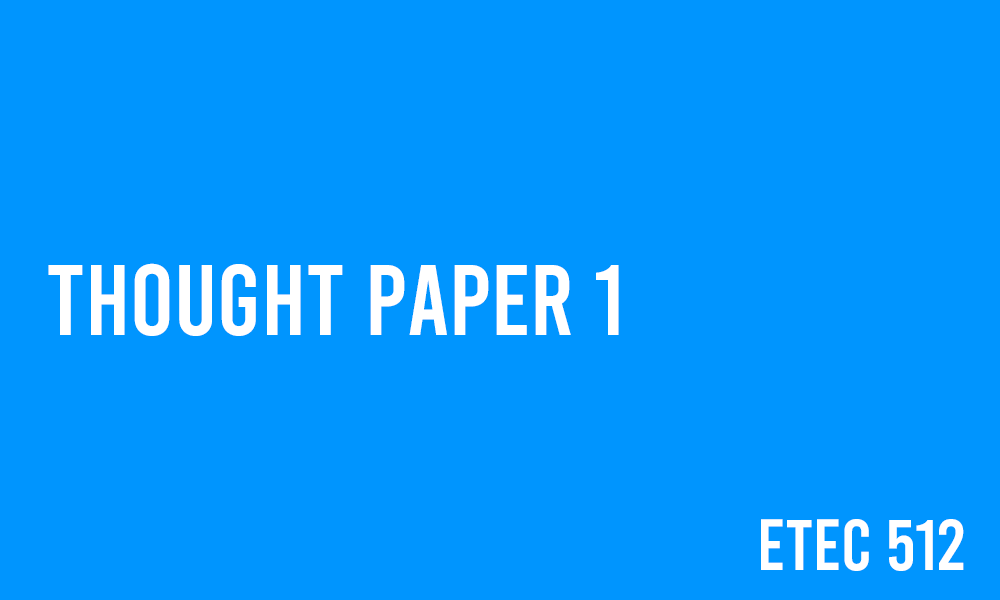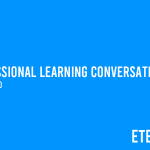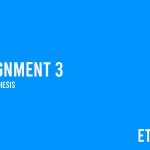Assignment: Thought Paper 1
Social Cognitive Theory (SCT) explains that individuals learn by observing and imitating the behaviours of others (Bandura, 2011). Social media allows for individuals to be influenced virtually by the behaviours, attitudes, beliefs, and views of others that post on the platforms without ever interacting with them physically.
Social media has impacted the lives of my students in many positive ways. They gain new knowledge about our world and can even use it as a creative outlet to express themselves. However, the largest impact that I have noticed amongst students relates to how they view themselves in a negative light. Students follow content creators that share lifestyles, views, and images that are unrealistic to many of their followers.
The relation to SCT in this case is that the students are observing and comparing themselves to content creators who have “idealized” bodies, which later leads to feelings of inadequacy and worthlessness. Students feel like there is something wrong with themselves since they view social media influencers as having the ideal life, views, and bodies. This deeply worries and upsets me as an educator.
Our world has changed due to the use of social media, and this can overall be explained by SCT. As our collective world becomes closer than ever due to the internet, we are becoming more influenced by what we see online. In my school, I have seen that students who spend a lot of time on social media tend to have self-esteem issues, increased social anxiety, and signs of depression. Social media has had a large impact on people around the world, and I believe that it has left a negative mark on our youth.
References Bandura, A. (2011). Chapter 17: Social cognitive theory. In P. A. M. van Lange, A. W. Kruglanski, & E. T. Higgins (Eds.), Handbook of Social Psychological Theories (pp. 349-373). London: Sage.






